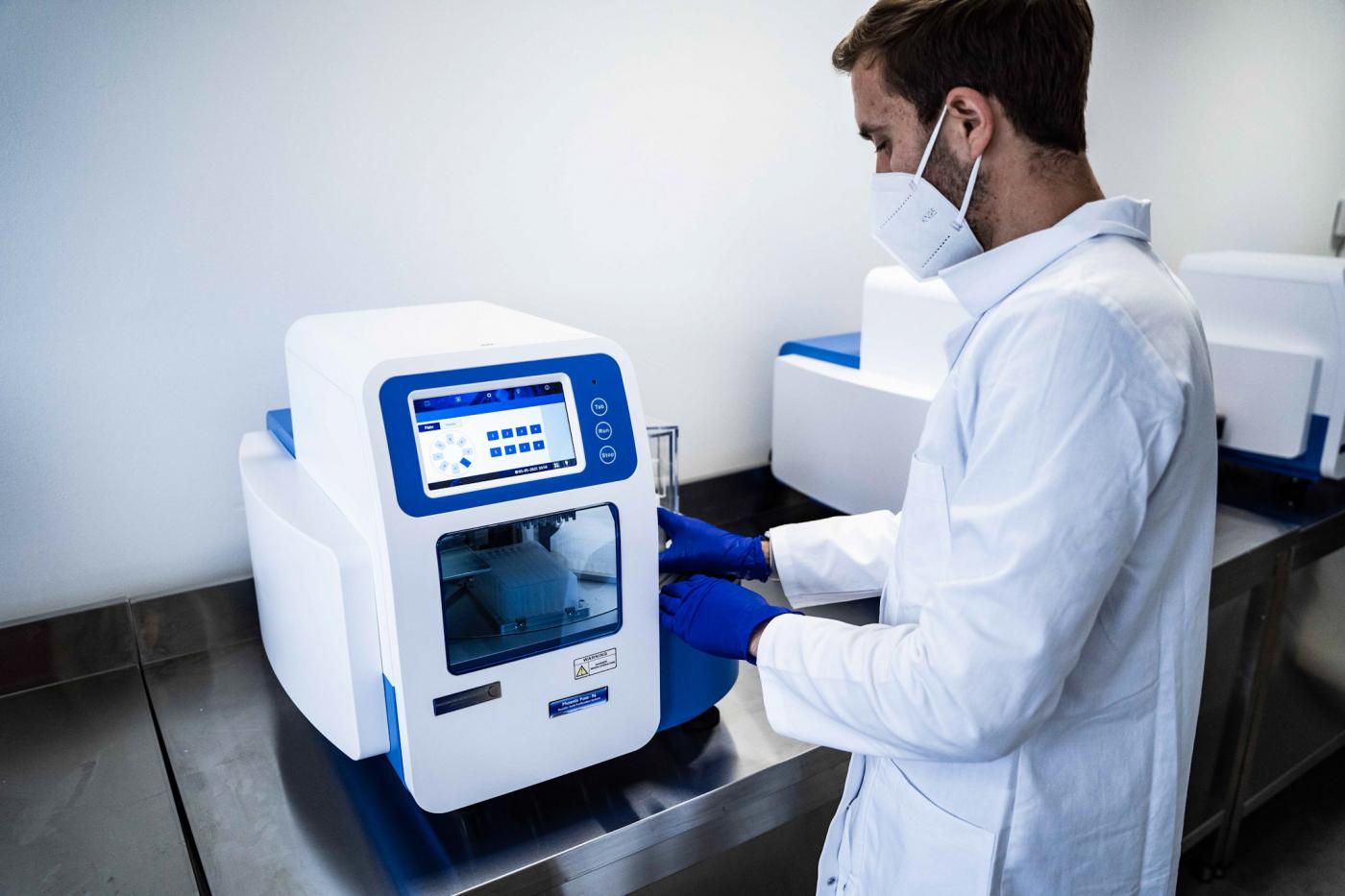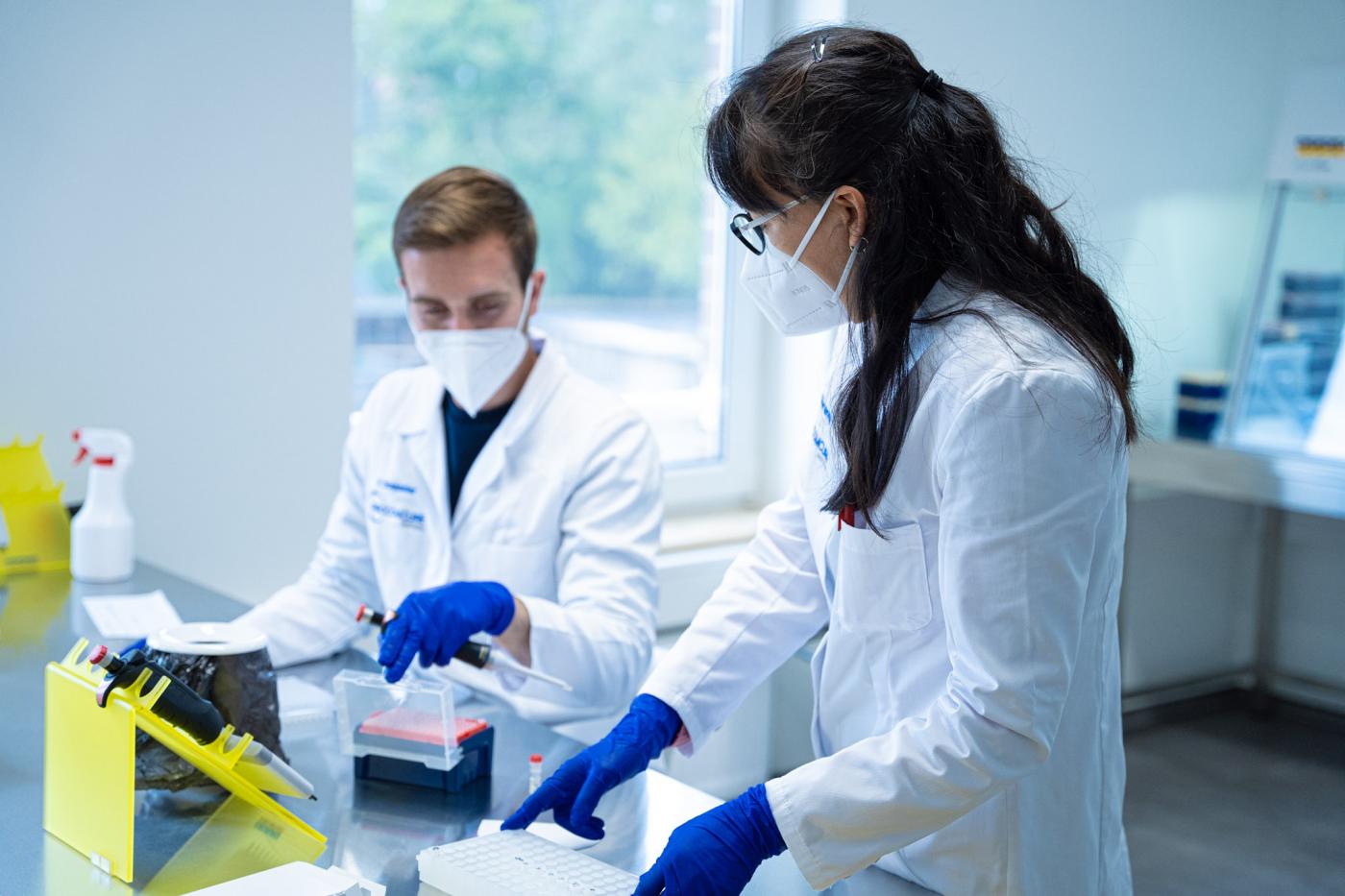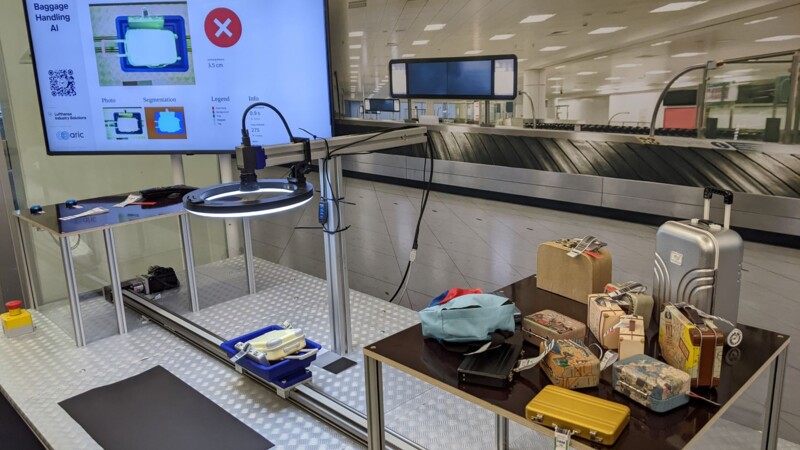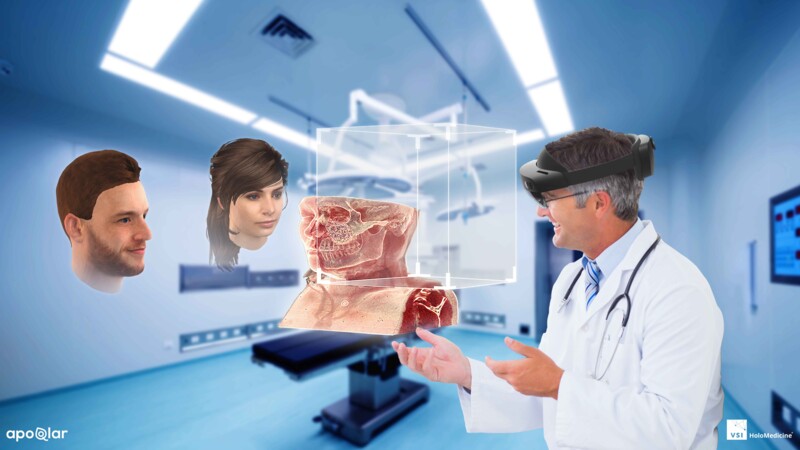The company started out as a supplier of medical products for laboratories. "Then the pandemic broke out and we realised that there was both a shortage of material and laboratories. So we expanded our services and added our own lab sites and mobile lab lorries," said Clarfeld. The lorries are equipped with real-time thermocyclers, nucleic acid purification systems, microbiological safety cabinets and pipetting robots, and are used at festivals or large events. The results of tests are available within two to four hours. Ports and airports are other possible fields of use. Nearly 20,000 daily PCR tests can be done aboard the mobile labs. The capacity can be increased to more than 100,000 samples per day by processing the samples in pools rather than individually.
Home tests may prevent mass absenteeism amid new Covid-19 wave
Another wave of coronavirus in autumn is considered highly likely. Yet, it can be interrupted, according to Jens-Peter Clarfeld, CEO of Procomcure Biotech Germany GmbH. "Every infection detected early helps to contain the pandemic. And that lowers the number of people with post-covid, which is now around 10 per cent, and the risk of further mutations." The diagnostics company supplies laboratories worldwide with customised solutions in the field of nucleic acid-based detection and operates laboratories and testing centres in Germany and Austria. "The topic of prevention has been on my mind for a long time. A meeting with Professor Kamil Önder, Managing Director of Procomcure Biotech Austria, led me to found Procomcure Biotech Germany GmbH in Winsen Luhe in 2020," Clarfeld said. Meanwhile, Promcure Biotech Germany employs up to 100 people and generates an annual turnover in the double-digit million range.
Use of mobile labs

Breaking infection chains with pool testing
Pool testing is a sensible approach, according to Clarfeld and cited the example of a school in Bavaria as a best case. "The state government contracted eight labs, including Procomcure Biotech Germany, and was able to cover all of the schools." Pupils were tested in the morning and the tests were analysed class by class as a pool. If a pool was positive, individual analyses followed and infected pupils could be informed and isolated by the next morning. "That was an effective way of disrupting infection chains and preventing infections before symptoms appear," he stressed.

Tests for influenza A/B, gluten or lactose intolerance
Clarfeld also sees a clear trend towards home testing, especially in business and industry. "More and more companies want to have their workforce tested to avoid mass absenteeism and thus production downtime." Procomcure Biotech Germany has developed gargle tests for this purpose and launched them on the market under the nu:lab brand. "Our method allows us to detect other viruses such as influenza A/B in the same test run." A look at Australia, where winter is just ending, shows how important that is, he said. "Australians are just noticing a much earlier onset and exceptionally strong flu wave, with corresponding effects on the economy as well." Tests for gluten or lactose intolerance are also in the pipeline, Clarfeld said, adding: "They target the growing problem of getting a doctor's appointment in time. Our tests help clarify the suspicion of an intolerance conveniently at home. That saves time and waiting at the doctor's."

Using AI to assess risks
The company is relying on artificial intelligence for future tests."AI is particularly suitable when it comes to dealing with probabilities such as risk assessment in the case of a hereditary predisposition," said Clarfeld. Research into DNA decoding has developed rapidly. Risks can be analysed in terms of a genetic predisposition and environmental influences. "The earlier such a risk assessment occurs, the better preventive measures can be taken."
ys/pb
Sources and further information
More
Similar articles

New manager of "Life Science Nord" cluster outlines plans


